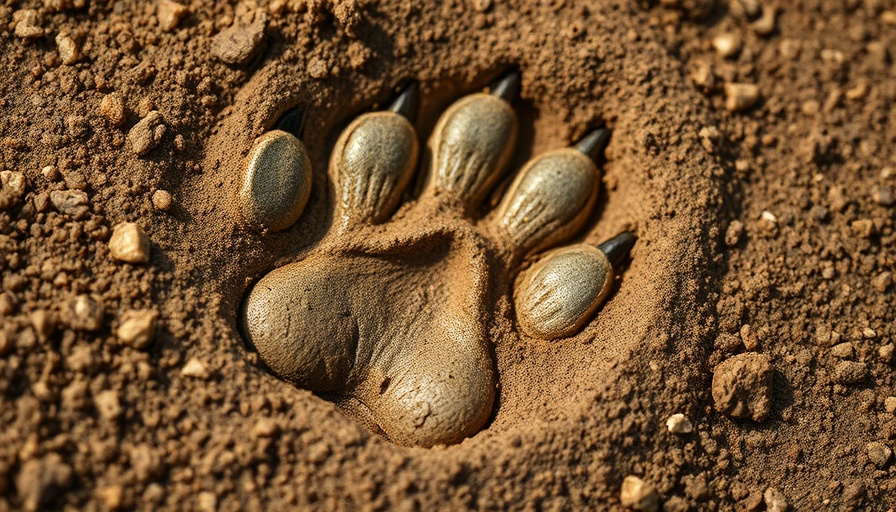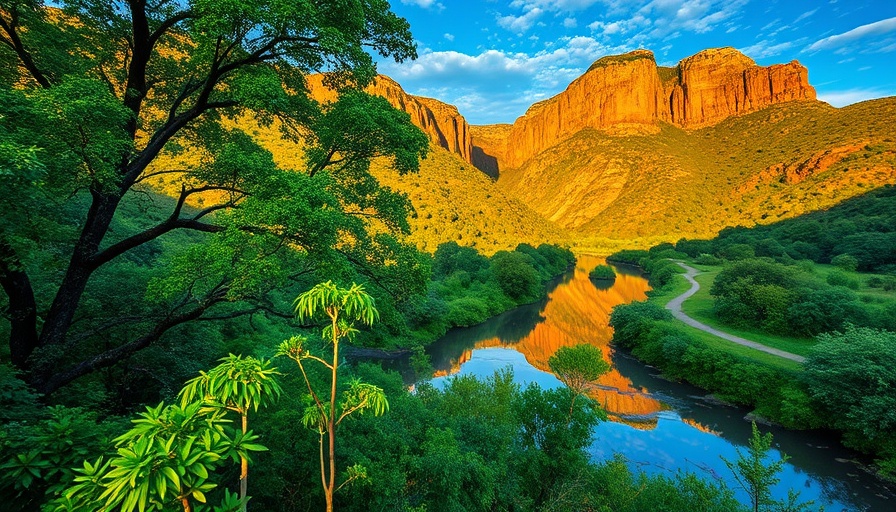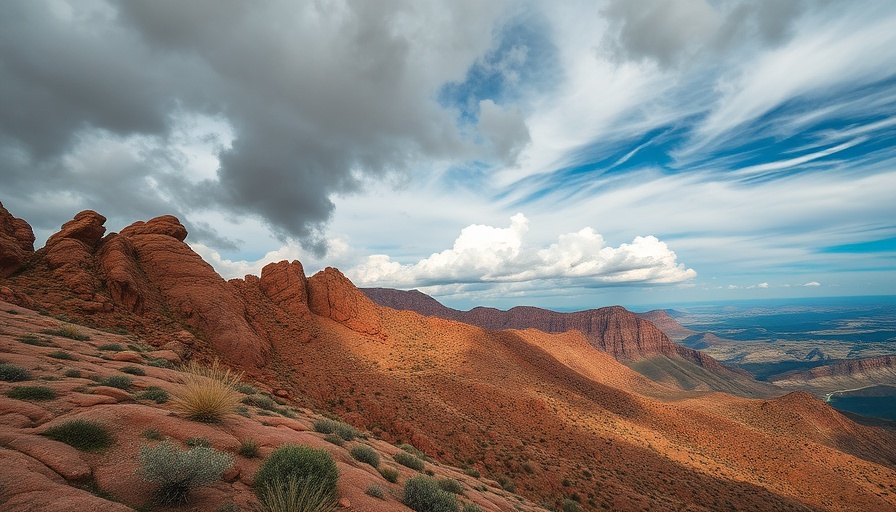
Understanding the Ancient Art of Tracking in the Wilderness
For centuries, tracking has been a vital skill connecting humans to the wild landscapes of Africa. As travelers and explorers venture into the South African bush, they find that tracking is not just about spotting wildlife for photography—it's about experiencing the intricate relationships between creatures and their habitats. The art of tracking reveals a deeper understanding of the natural world, allowing adventurers to appreciate the stories behind every footprint and broken twig.
Why Tracking Matters in Conservation and Research
Tracking plays a decisive role in wildlife conservation, providing essential data that informs research and management strategies. The signs left by animals, such as droppings, footprints, and even vocalizations, offer insights into animal behavior and population dynamics. In South Africa's renowned reserves, skilled trackers assist researchers in monitoring endangered species, assessing ecosystem health, and ensuring sustainable wildlife tourism. This knowledge fosters a deeper connection between visitors and the conservation efforts of South African travel destinations like Kruger National Park and private game reserves.
The Experience of Tracking: A Journey Worth Taking
Travelers seeking unique South Africa travel experiences will find tracking to be a transformative journey. Engaging in tracking workshops offers a hands-on approach to understanding nature’s complexities. Not only does one learn about animal behavior, but they also immerse themselves in the traditional practices of indigenous cultures that have thrived alongside wildlife for generations. This form of ecotourism enhances personal connections with the bush and leads to unforgettable encounters with South Africa's diverse wildlife.
Myths and Misconceptions About Tracking
Many people assume that tracking is solely the domain of seasoned bush experts or rangers. However, anyone can learn the basics of tracking and begin to interpret the stories contained in the wilderness. Misconceptions exist around the notion that tracking requires athletic prowess or specialized equipment; in reality, it's about keen observation skills and patience. Accessible programs across South Africa cater to all skill levels and interests, making tracking an inviting activity for tourists, adventurers, and families alike.
Learning to Read the Language of the Bush
In mastering the art of tracking, participants not only gain practical skills but also foster a greater respect for nature. As they discover how to read the signs of animal activity—transforming the bush into a living narrative—they unlock new ways of connecting with the land. This experiential learning empowers travelers to contribute positively to conservation and to share their adventures with others, enhancing the overall travel narrative through personal anecdotes and cultural experiences.
Your Next Adventure Awaits: Incorporating Tracking into Your Travel Itinerary
For those planning a journey to South Africa, consider incorporating tracking into your travel itinerary. Whether you're focusing on luxury travel experiences or looking for budget travel options, many accommodations offer guided tracking experiences tailored to suit your needs. From family vacations at top capes and national parks to intimate honeymoon adventures where couples can discover nature together, tracking provides an unparalleled opportunity to connect with the wild.
Ultimately, tracking not only enriches your experience in the bush but also creates lasting memories that elevate any South Africa travel adventure.
If you’re looking to deepen your connections with nature during your travels, consider reaching out to local guides who specialize in tracking courses. Don’t miss the chance to experience the magic of the South African bush in a completely new way!
 Add Row
Add Row  Add
Add 




Write A Comment